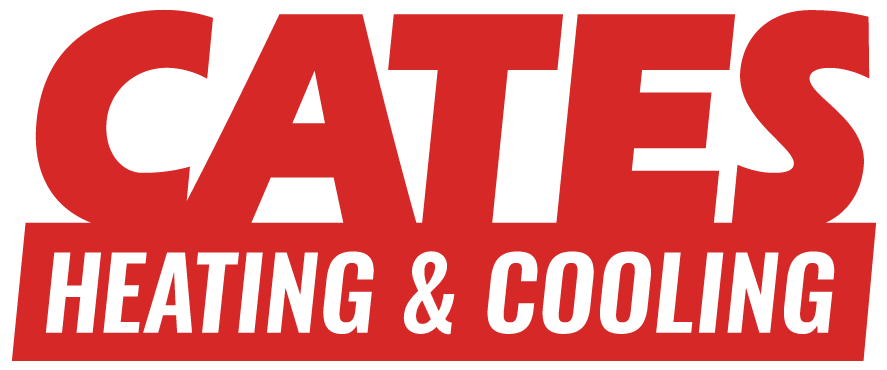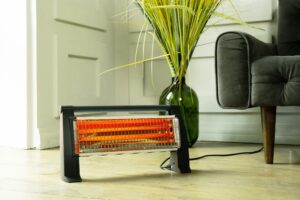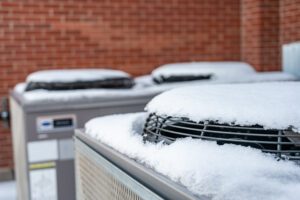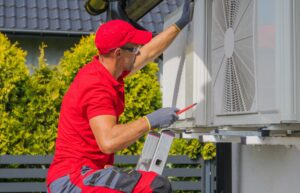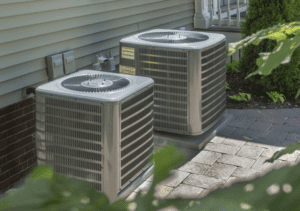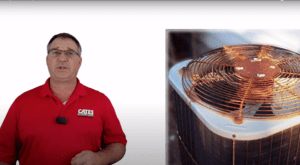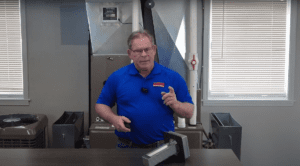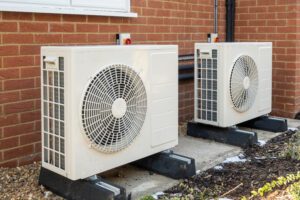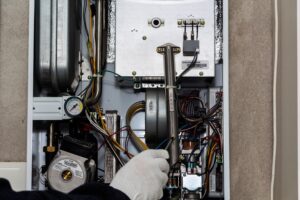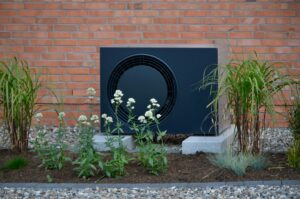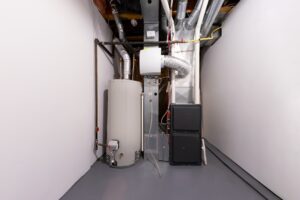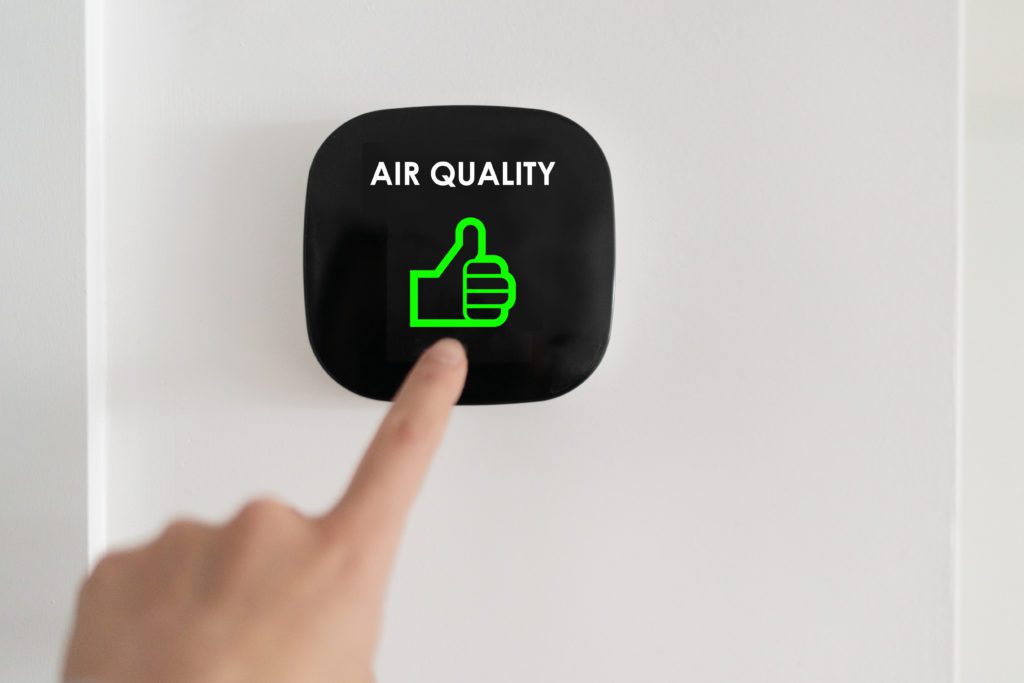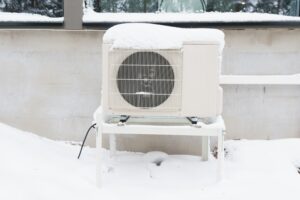We spend a lot of time indoors, where the air is often more polluted than outside. Exposure to poor air quality over time can pose a significant health risk for you and your family. That’s why you should consider the benefits of an air purification system for your home.
There are different types of air purification systems and factors to consider when deciding what’s right for you. Air purifiers offer many benefits and can help to maintain the healthy air circulation in your home.
What Is an Air Purification System?
Indoor air quality can be improved through portable purifiers or whole-home air filtration systems. Although your furnace and HVAC systems can work as a whole-house filtration system, many people forget to change the filters or buy cheap systems that don’t filter air very well.
Air purification systems are specially designed to improve the air quality in your home. They also help to prevent anybody in your family from breathing in harsh and harmful air pollutants.
Air purifiers contain a filter and a fan. The fan works to suck in the contaminated air, which passes through one or more filters. These filters trap the pollutants and disperse clean air back into your home.
What Are the Benefits of an Air Purification System?
Air purification systems offer many benefits that can help to make your home safer and healthier for your family.
Relieves Allergy and Asthma Symptoms
Air purifiers eliminate pollutants in the air like pollen, smoke, dust mites, dry skin cells, mold, and pet dandruff and fur. They also alleviate allergic reactions to air-freshening sprays, household cleaners, paint products, cosmetics, hairsprays, and perfumes.
For those with allergies or asthma, these particles can be problematic. Removing these pollutants can result in cleaner air, which helps improve allergy and asthma symptoms, as well as mood, stress, and sleep quality.
If you have allergies, it’s important to look for a higher Air Change Per Hour (ACH) rating. The ACH rating on a purification system is the number of times per hour the entire volume of air gets filtered in a room. A higher ACH rating is more efficient because it reduces the number of pathogens and particles leftover in the air.
Eliminates Harmful Chemicals
Harmful chemicals can reduce air quality and pose a health risk to you and your family. Air purifiers can help eliminate these chemicals and reduce any risk to your health.
If you live close to high-traffic areas, you are more likely to have traces of nitrogen dioxide and carbon monoxide in your home. Many household cleaners and insecticides also contain chemicals like ammonia, chlorine, and phthalates, which are harmful with high exposure.
Additionally, radon gas can seep into your home from soil, rocks, and water through cracks in the floors or walls. Radon gas is linked to lung cancer, and if gas levels are too high and the air is not ventilated, there is a higher risk to one’s health. Asbestos is another harmful particle found in older houses and buildings and leads to asbestosis and mesothelioma.
Traps Unpleasant Odors
Your home can be full of unpleasant odors from dirty laundry, furniture, pets, and cooking. Volatile organic compounds (VOCs) in paints, upholstered furniture, aerosol sprays, and air fresheners can also cause a foul odor when they break down at room temperature.
Air purifiers trap gases and particles to reduce pollutants and their odors, which are nasty to smell and potentially detrimental to your cognitive functions. High exposure to VOCs can also lead to health problems like leukemia and lymphoma, so it’s crucial to eliminate these from the air.
Protects Against Airborne Diseases
Airborne diseases like colds and the flu are spread because of microscopic pathogens that travel in the air. There is a higher potential for contamination from these illnesses in homes with children, the elderly, and the chronically ill. Those with cardiovascular or respiratory diseases are also at a higher risk for health problems from pollutants in the air.
Air purification systems can reduce the chance of spreading these illnesses by eliminating bacteria and viruses. They lead to better air quality in your home that allows for a healthier environment for your family.
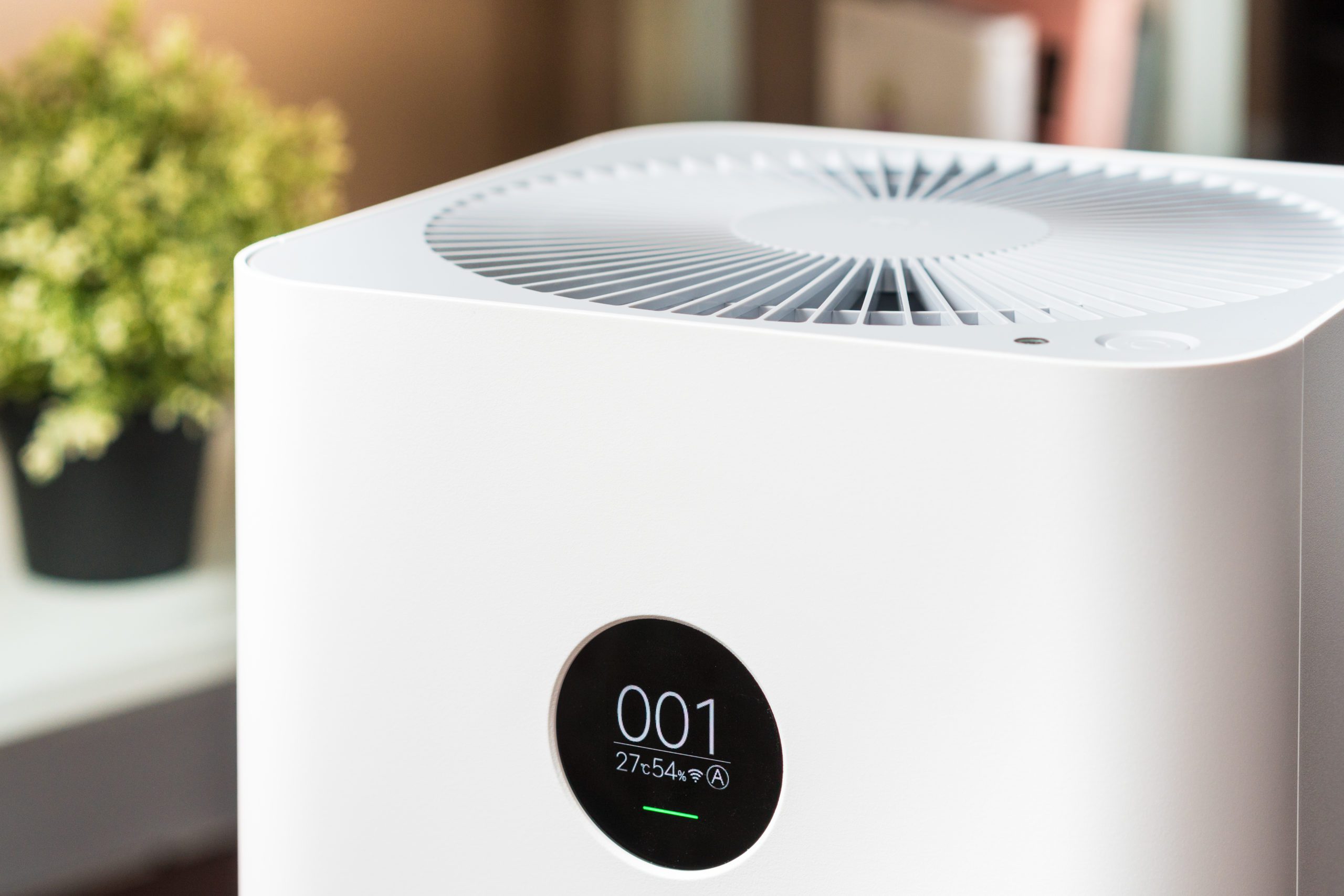
How Do I Know If an Air Purification System Is Right for Me?
Air purification systems are great for anybody, but they are essential for those with allergic sensitivity, weakened immune systems, or those who live near heavy-traffic or high-pollution areas.
If you are concerned about poor air quality in your home or you’re looking for allergy relief from dust and pet fur, air filtration systems are an excellent option. They help reduce allergy and disease progression and make your home a safe breathing space for your family.
Keep in mind that it is important to have regular maintenance performed on your air filtration system. Keep disposable filters on-hand so that dirty filters can be replaced quickly.
What To Consider When Buying an Air Purification System
There are many factors to consider when buying an air purification system. Here are some key features to look for when finding the purifier that’s right for your home.
Size
Air purifiers can be portable or installed as a whole-house system. Portable purifiers have wheels and handles that make them easier to move around. However, if you want more than one room in your house to be filtered, you’ll need to buy multiple units—or else you’ll be moving one purifier around a lot. The size of portable purifiers is also based on the room’s square footage, so a larger room demands a larger purifier.
Whole-house filtration systems are also a great option for eliminating air pollution in your home. They are installed and connected to your HVAC system to purify your entire indoor space. These systems also clean the air constantly, so you don’t have to worry about turning it off and on.
Noise Level
Whole-home air filtration systems don’t have a lot of problems with noise. If you are looking at a portable air purifier, the noise level will depend on its operational settings. You may want something more effective at a lower noise level if you’re using yours to get a better night’s rest.
Type of Filter
Different air purifiers filter in different ways, depending on what type of air filtration system it is. Some filters, like HEPA (high-efficiency particulate air) filters, capture tiny pollutants, like bacteria and viruses. Others, like carbon filters, are better at trapping odors.
HEPA filters can remove almost 100 percent of pollutants in the air, but they aren’t ideal for removing household odors or smoke. They also use a lot of energy to work and need to be replaced annually.
No matter what filter you choose, you’ll want to avoid ones that emit ozone gas. Ozone gas is very damaging to your respiratory system and detrimental to the environment.
Maintenance
Every air purification system will require some maintenance. Even though portable purifiers are a cheaper option upfront, you are more likely to replace the whole unit sometime down the road. With whole-house systems, you may need HVAC or duct repair for the filtration system to work properly.
Filters also must be changed regularly. HEPA filters should be replaced once a year, and carbon filters need to be replaced every six months. Other filters, like pre-filters, need to be replaced every three months, but some are washable and may be used long-term.
Finally, when considering maintenance, you should also factor in any costs associated with the added amounts of energy on your electric bill every month.
Air purification systems are essential for maintaining good air quality in your home. By eliminating harsh pollutants and chemicals, you are helping to decrease any health risks to you and your family.
If you’re thinking about installing an air purification system in your home, you can trust Cates Heating and Cooling. As Kansas City’s preferred full-service HVAC repair company, we install and repair air filtration systems. We also offer financing options to fit any budget. Call and schedule your appointment today at 913-888-4470 for Kansas residents and 816-944-1844 for Missouri residents.
